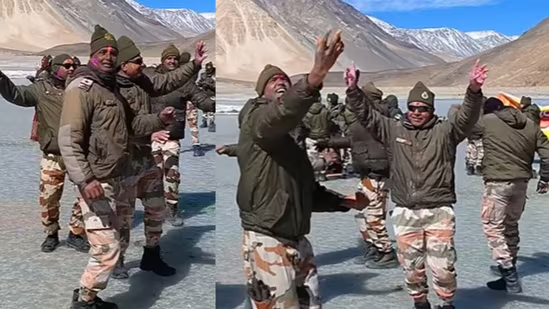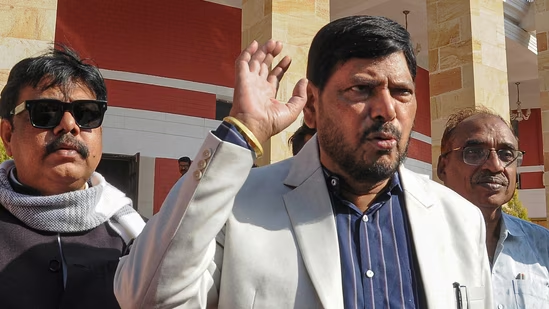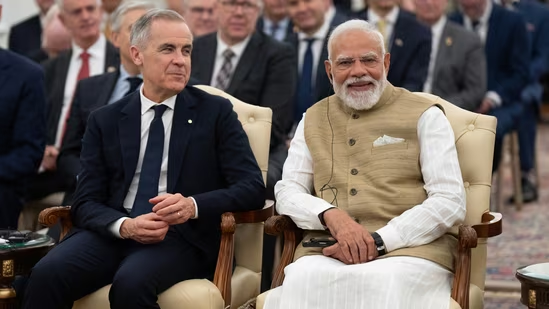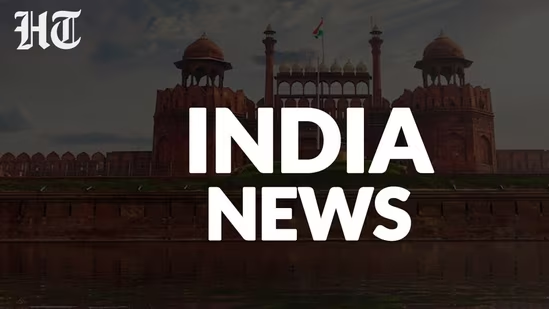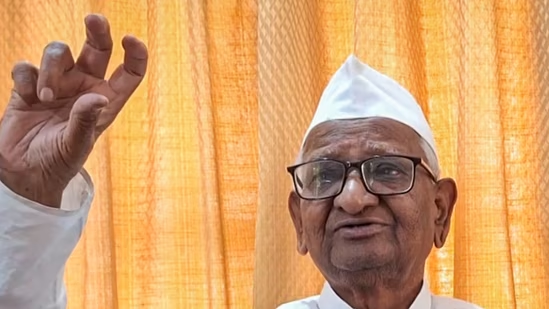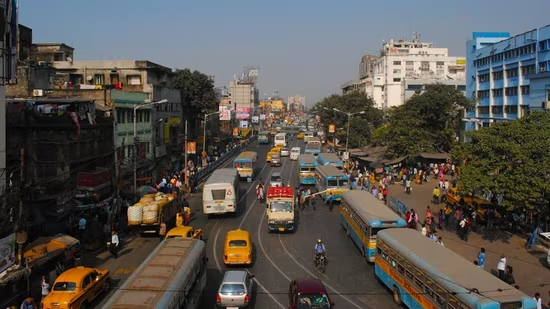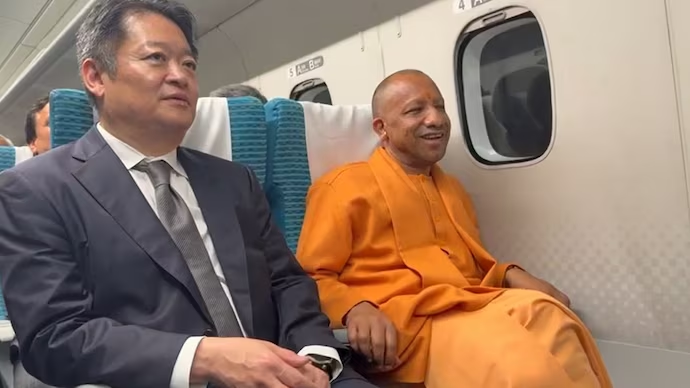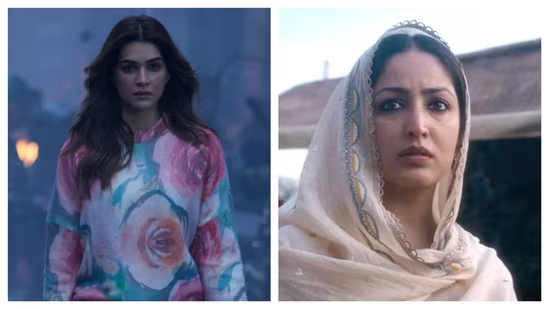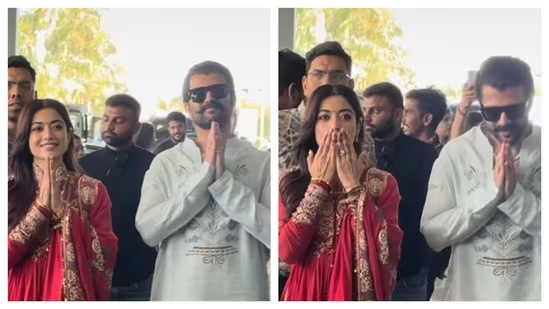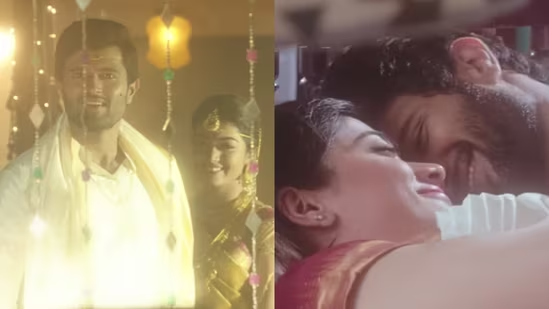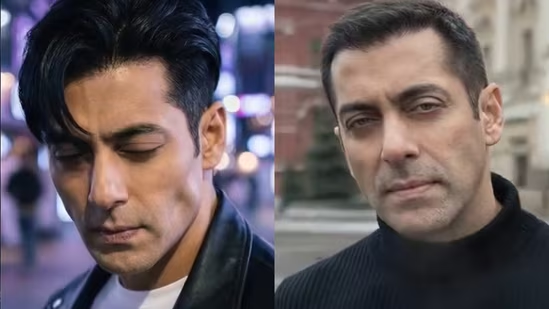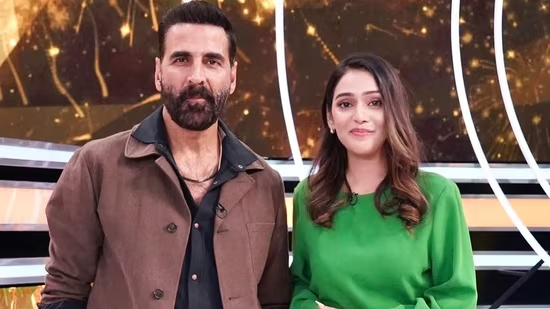A fair struggle between political competitors is ensured by maintaining election integrity, which is a cornerstone of democracy in many countries. But the political climate in some countries can cast doubt on how legitimate these elections are. This issue affects governance and the rule of law in the real world and is not only an intellectual one.
Imagine a scenario in which the incumbent party manipulates the political scene in order to discredit its rivals before the election. This manipulation could take many different forms, such as the opposition parties’ bank accounts being frozen, opposition leaders being imprisoned on dubious accusations, or even the use of state apparatus to intimidate or destroy competitors. When such strategies are used, the election process becomes less credible, and the validity of the winner is called into question.
Despite being concerning, this phenomenon is not all speculative. The political situation in India right now makes for an interesting case study. Concerns regarding electoral fairness are raised by several aspects of the Lok Sabha elections that are currently taking place in the greatest democracy in the world. Opponents contend that in order to guarantee a favourable conclusion, the ruling party, led by Prime Minister Narendra Modi, corrupted the electoral process.
The Modi administration has been accused of methodically modifying the political and legal landscape to its benefit, along with its ideological allies. The statutes governing the electoral process underwent significant alterations just months before the elections. Critics assert that these changes were made to guarantee that the Election Commission, which is typically seen as an impartial adjudicator, would act in the government’s best interests.
In addition, the Indian National Congress, the principal opposition party, has been the target of harsh government actions. The party’s capacity to run a successful campaign was impeded by freezing its bank accounts. Prominent opposition figures, comprising two prime ministers, were detained without accusation or trial on what seemed to be politically motivated allegations. The ruling party has a significant advantage in the game due to these policies and the widespread influence of state-run media.
The discourse highlighting national unity has coincided with Modi’s ascent to power. Expressions such as “one nation, one election” and “one nation, one ration card” are components of a larger plan aimed at establishing a uniform national identity. Opponents contend that these slogans threaten India’s pluralistic fabric by advancing the establishment of a non-federal Hindu Rashtra. Many see this push for uniformity and centralization as a step towards a more authoritarian government.
Any attempt to impose uniformity is severely hampered by India’s vast diversity, which includes a wide range of languages, faiths, and cultures. The federal system of the nation, which gives its states a great deal of autonomy, was created to take this diversity into account. India’s varied population was brought together under a single political system during the country’s independence movement and subsequent constitutional drafting.
The opposition from India’s diverse community is something that Prime Minister Modi and his close allies are aware of. As a result, their arguments for national unification are frequently phrased in a way that both quietly advances a single national identity and appeals to a wide audience. According to some detractors, the ultimate objective is to establish a dictatorial-style, single-party state headed by a single leader.
In this wider political conflict, the Lok Sabha elections that are currently underway have taken the stage. A major effort to offset Modi’s dominance is the development of the India Alliance, a coalition of several regional parties led by the Congress. The well-known Congressman Rahul Gandhi has been instrumental in igniting this opposition. His work has revitalised the party and offered hope to people who worry about India’s democratic traditions eroding.
There are indications that the electorate is responding well to the opposition’s strategy, despite the formidable obstacles. Numerous reports point to a high voter turnout and fervent participation in the election process, indicating that many people are ready for change. This event has created a degree of uncertainty in the political landscape and has even raised concerns among the ranks of the ruling party.
As the election goes on, the possibility of a peaceful handover of power becomes increasingly pressing. If the opposition makes substantial progress, will the ruling party accept the result? A negative outcome could spark attempts to sabotage or invalidate the election, given Modi’s record and his government’s strong hold over numerous institutions.
The stakes are clearly enormous, even though it is too soon to determine how things will turn out in the end. International and domestic observers are keeping a careful eye on the situation. India’s democracy is in danger of losing its integrity, and how its leaders respond in the next few weeks will have a significant impact on how it develops from here.
In conclusion, India’s current political situation highlights how brittle democratic institutions are. The fundamental basis of democracy is jeopardised when the means of government are twisted for political advantage. To guarantee the survival of democratic standards in India, it is essential that all stakeholders—political leaders included—uphold the values of justice and fairness.







